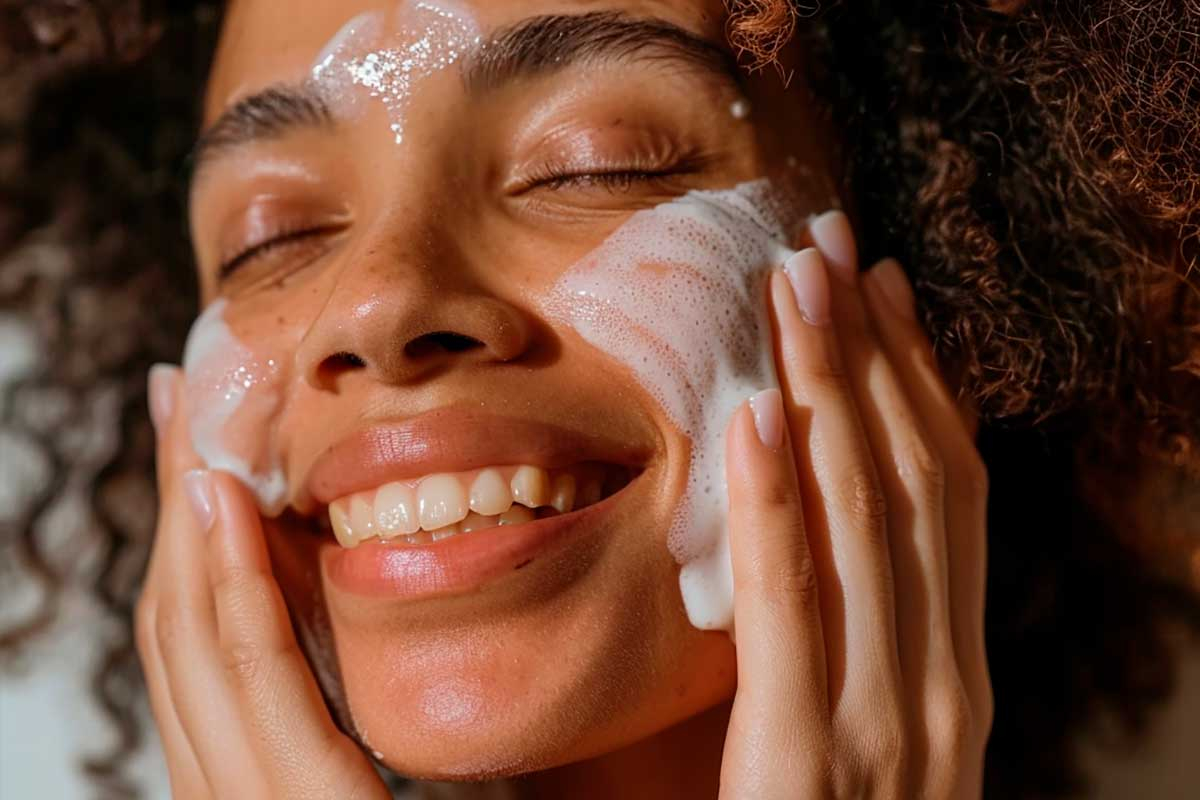Winter Skincare Tips and Recommended Treatments: How to Adapt Your Skincare Routine During the Colder Months
As the temperature drops, adapting your skincare routine becomes crucial to maintaining healthy and hydrated skin. Winter can be harsh on the skin, leading to dryness, irritation, and even flare-ups of chronic skin conditions. This guide will provide essential winter skincare tips and recommended treatments to help you navigate the colder months.
Understanding Winter Skincare Needs
Winter weather can strip the skin of its natural moisture, leaving it dry and prone to irritation. Cold air, low humidity, and indoor heating all contribute to the skin’s moisture loss. To combat these effects, it’s essential to adapt your skincare routine to provide extra hydration and protection.
Switching to richer moisturizers, using gentle cleansers, and incorporating hydrating treatments can make a significant difference in maintaining skin health during winter. Additionally, protecting the skin from harsh environmental factors and paying attention to specific skincare needs can help keep your skin glowing and healthy.
Hydrating Moisturizers for Winter
One of the most important aspects of winter skincare is using a hydrating moisturizer. During the colder months, opt for thicker creams or ointments that provide a barrier against moisture loss. Ingredients like hyaluronic acid, glycerin, and ceramides are excellent for locking in hydration.
Applying moisturizer immediately after cleansing can help seal in moisture. For added hydration, consider using a hydrating serum underneath your moisturizer. Products with occlusive ingredients, such as petrolatum or shea butter, can also be beneficial in preventing moisture evaporation from the skin.
Gentle Cleansing Routine
Cleansing is a vital step in any skincare routine, but it’s especially important to use gentle cleansers in winter. Harsh cleansers can strip the skin of its natural oils, exacerbating dryness and irritation. Choose a mild, hydrating cleanser that effectively removes impurities without compromising the skin’s barrier.
Avoid hot water while cleansing, as it can further dry out the skin. Instead, use lukewarm water and gently pat your skin dry with a soft towel. Incorporating a hydrating toner can also help replenish moisture and prepare the skin for the subsequent steps in your routine.
Exfoliation: A Balancing Act
Exfoliation helps remove dead skin cells and promote cell turnover, but it’s important to strike a balance during winter. Over-exfoliating can damage the skin barrier and lead to increased sensitivity. Opt for gentle exfoliants, such as enzyme-based products or mild alpha-hydroxy acids (AHAs), and limit exfoliation to once or twice a week.
Pay attention to your skin’s response and adjust the frequency of exfoliation accordingly. If your skin becomes too dry or irritated, reduce the frequency or switch to a gentler product. Remember, the goal is to maintain smooth, healthy skin without compromising its natural protective barrier.
Protecting Your Skin from the Elements
Winter weather can be harsh on the skin, so protecting it from the elements is crucial. Always apply a broad-spectrum sunscreen with at least SPF 30, even on cloudy days, as UV rays can still penetrate through clouds. Sun protection is essential year-round to prevent premature aging and skin damage.
In addition to sunscreen, wearing protective clothing, such as scarves and gloves, can shield your skin from cold winds and low temperatures. Using a humidifier indoors can also help maintain adequate moisture levels in the air, preventing your skin from drying out.
Specialized Winter Skincare Treatments
Winter is an excellent time to consider specialized skincare treatments that can address specific concerns and enhance your skin’s overall health. Treatments such as hydrating facials, chemical peels, and laser therapy can provide deep hydration, improve skin texture, and address issues like hyperpigmentation and fine lines.
Hydrating facials often include the use of masks and serums rich in hyaluronic acid and other moisturizing ingredients, providing an intensive moisture boost. Chemical peels can help exfoliate dead skin cells and promote cell renewal, revealing a brighter and smoother complexion. Consult with a Dermatologist or skincare professional to determine the best treatments for your skin type and concerns.
Maintaining a Healthy Diet and Hydration
What you consume can also impact your skin’s health during winter. Drinking plenty of water and consuming a diet rich in antioxidants, vitamins, and healthy fats can support your skin from the inside out. Foods like fruits, vegetables, nuts, and fatty fish provide essential nutrients that promote skin hydration and repair.
Avoid excessive consumption of alcohol and caffeine, as they can dehydrate the skin. Herbal teas and water-rich foods, such as cucumbers and oranges, can help maintain hydration levels. Remember, a balanced diet is a vital component of a comprehensive winter skincare routine.
Conclusion
Adapting your skincare routine for winter is essential to maintaining healthy, hydrated skin. By incorporating hydrating moisturizers, gentle cleansers, and protective measures, you can combat the drying effects of cold weather. Consider specialized treatments to address specific concerns and maintain a healthy diet to support your skin from within.
Frequently Asked Questions
1. Why is my skin drier in winter? Cold air, low humidity, and indoor heating can strip the skin of its natural moisture, leading to dryness and irritation.
2. How often should I moisturize my skin in winter? It’s important to moisturize at least twice a day—once in the morning and once at night. Applying moisturizer immediately after cleansing can help lock in hydration.
3. Can I skip sunscreen in winter? No, sunscreen is essential year-round. UV rays can penetrate through clouds and cause skin damage even in winter.
4. What type of moisturizer is best for winter? Opt for thicker creams or ointments with ingredients like hyaluronic acid, glycerin, and ceramides to lock in moisture and protect the skin.
5. Should I exfoliate my skin in winter? Yes, but be gentle. Use mild exfoliants and limit exfoliation to once or twice a week to avoid damaging the skin barrier.
